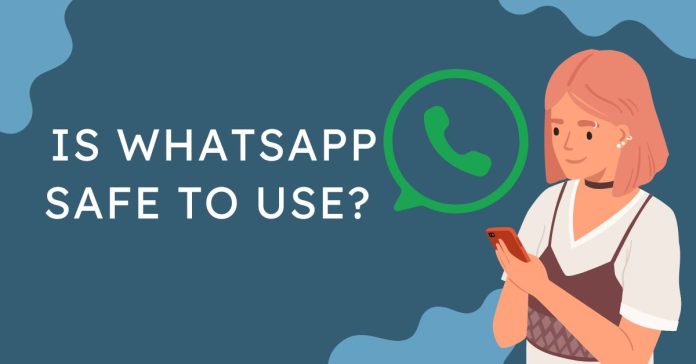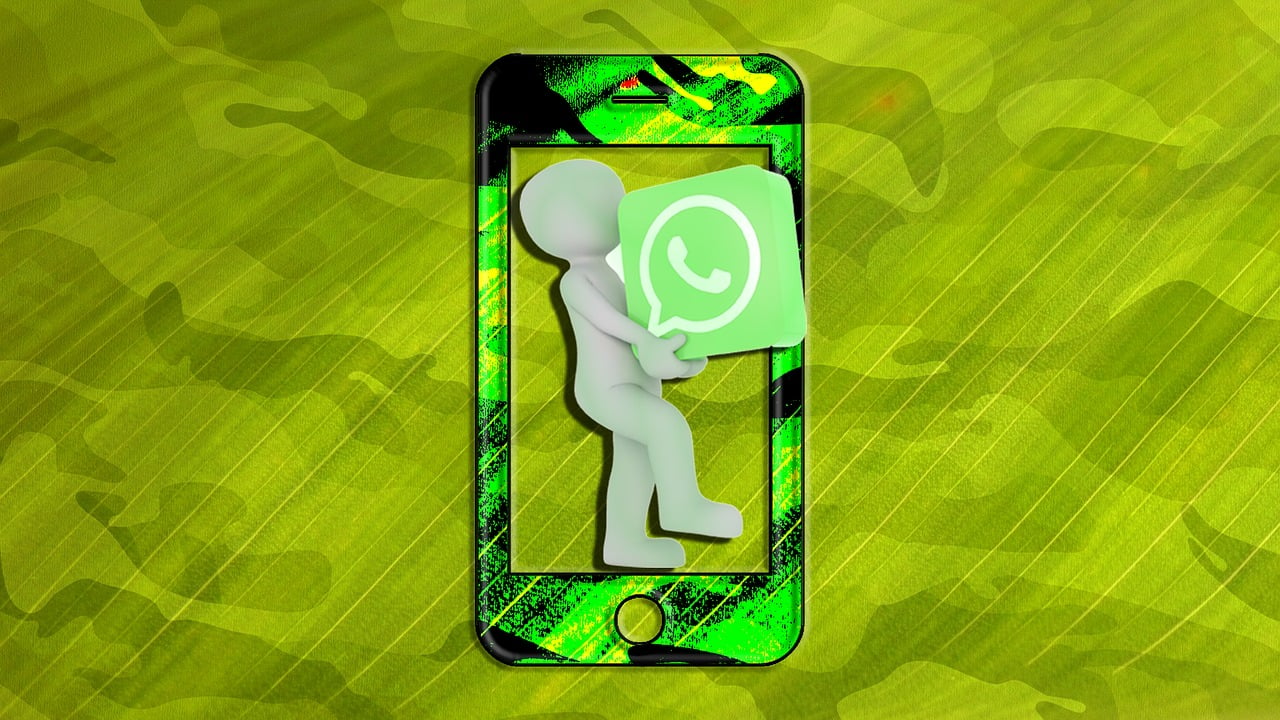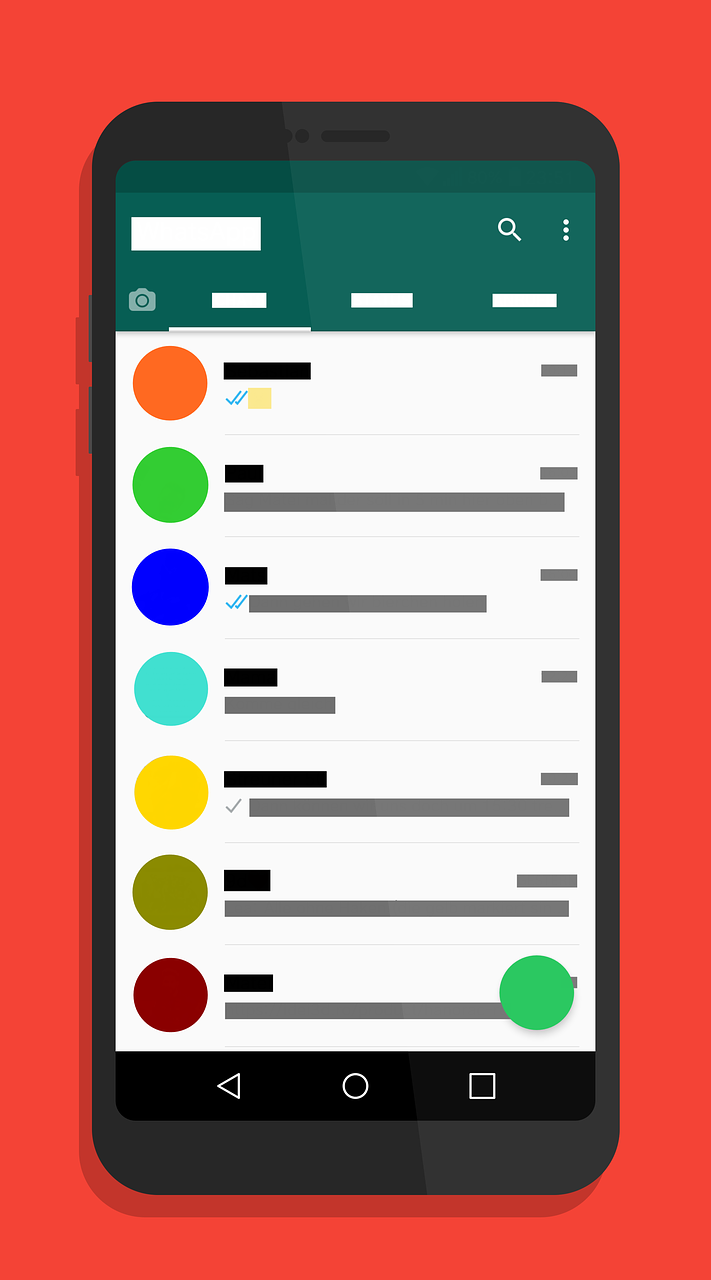Is WhatsApp safe to use? Read on to find out.
With over 2 billion active users worldwide, WhatsApp is among the most popular messaging apps. Its ubiquity makes it an integral part of our daily communication and raises questions about security and privacy.
This article delves into whether WhatsApp is safe to use, exploring its security features, potential vulnerabilities, privacy concerns, and best practices for users to safeguard their data.
Table of Contents
Is WhatsApp Safe to Use? TLDR;
Yes, WhatsApp is generally considered safe to use.
One of the primary reasons for this is its use of end-to-end encryption. This means that your messages, photos, videos, and voice calls are secured with a lock to which only you and the person you’re communicating with have the keys. Even WhatsApp cannot read your messages.
Key Security Features of WhatsApp:
- End-to-end encryption: Protects your messages from being intercepted.
- Two-step verification: Adds an extra layer of security to your account.
- Disappearing messages: Allows you to set a timer for messages to disappear.
- View Once media: Prevents photos and videos from being saved after viewing.
Potential Concerns and Precautions:
While WhatsApp is secure, it’s essential to be aware of potential risks and take precautions:
- Data Sharing with Facebook: WhatsApp is owned by Meta (formerly Facebook). While your messages are encrypted, other Meta services might share some account information.
- Scams and Phishing: Be cautious of suspicious links, unsolicited messages, and requests for personal information.
- Privacy Settings: Regularly review and adjust your privacy settings to control who can see your profile information, status, and last seen.
Overall, WhatsApp is a relatively safe platform to use responsibly. You can significantly enhance your online safety by understanding its security features and following best practices.
Overview of WhatsApp
WhatsApp, launched in 2009, has evolved from a simple messaging app into a comprehensive communication platform. It supports text messaging, voice and video calls, media sharing, and group chats.
Acquired by Facebook in 2014, WhatsApp has continually enhanced its features, making it a go-to app for personal and business communication.
WhatsApp’s ease of use, reliability, and broad user base contribute to its popularity. The app is available on both iOS and Android platforms and offers a web version for desktop users.
Despite its many benefits, WhatsApp’s massive reach also makes it a target for cyber threats, highlighting the importance of understanding its security and privacy mechanisms.
Security Features of WhatsApp
WhatsApp offers several robust security features designed to protect users’ data and privacy.
End-to-End Encryption
Introduced in 2016, end-to-end encryption ensures that only the sender and recipient can read the messages. This encryption protocol means that not even WhatsApp can access the content of the messages. The encryption keys are stored on users’ devices, adding an extra layer of security against unauthorized access.
End-to-end encryption applies to all forms of communication on WhatsApp, including text messages, voice calls, video calls, and media files. This feature is enabled by default, providing a high level of security without requiring any action from the user.
By encrypting messages, WhatsApp prevents potential eavesdroppers, including hackers and government agencies, from accessing the content.
Two-Step Verification
Two-step verification adds an extra layer of protection by requiring a second form of authentication. Users create a six-digit PIN that is needed along with their phone number to access their account. This helps prevent unauthorized access even if someone obtains your phone number.
Enabling two-step verification is straightforward. Users can activate it through the app’s settings, where they are prompted to create a PIN and optionally provide an email address for account recovery. This additional security measure makes it significantly harder for attackers to hijack WhatsApp accounts, even if they can access the user’s phone number.
Encrypted Backups
In 2021, WhatsApp introduced encrypted backups, allowing users to protect their chat history stored on cloud services like Google Drive or iCloud. Users can set a password or use a 64-digit encryption key to encrypt their backups, ensuring they can only access their data.
Previously, backups stored on cloud services were not encrypted, posing a potential security risk. Even if an unauthorized party gains access to the backup file with encrypted backups, they cannot read its contents without the encryption key.
Users are encouraged to regularly back up their chat history to prevent data loss while maintaining security.
Privacy Concerns
Despite its security features, WhatsApp has faced criticism and concerns regarding its privacy practices.
Data Collection
WhatsApp collects various data types, including user contacts, usage information, and device details. While this data is used to improve service quality and user experience, it raises privacy concerns about how this information is stored, used, and potentially shared with third parties.
The data collected by WhatsApp includes:
- Contact Information: WhatsApp accesses your contact list to connect you with other users.
- Usage Data: Information such as the frequency and duration of app usage, interaction patterns, and diagnostic data is collected to enhance the app’s functionality and performance.
- Device Information: WhatsApp gathers details about your device, including operating system, hardware model, and network information.
While WhatsApp’s privacy policy outlines how this data is used, the extent of data collection has led to concerns about user privacy and data security.
Facebook Integration
The integration with Facebook has been a significant point of contention. In 2021, WhatsApp updated its privacy policy to allow sharing of user data with Facebook and its subsidiaries. This includes information like phone numbers, transaction data, and IP addresses.
Although WhatsApp maintains that message content remains private due to encryption, sharing metadata has raised significant privacy concerns.
Facebook integration aims to improve targeted advertising and personalized services. However, this practice has led to distrust among users, many of whom are wary of how their data is being used and shared across platforms.
The controversy surrounding WhatsApp’s privacy policy update resulted in a public outcry and prompted some users to switch to alternative messaging apps.
Metadata and Tracking
Metadata, which includes details such as message timestamps and contact lists, is not encrypted. This data can provide insights into user behavior and communication patterns.
While WhatsApp claims this information is used to combat spam and abuse, privacy advocates worry about potential misuse.
Metadata analysis can reveal a significant amount of information about user interactions, even without access to the content of messages.
For example, metadata can indicate who you communicate with most frequently, the times of day you are active, and your general location based on IP addresses. This information can be valuable to advertisers, law enforcement, and malicious actors if not properly safeguarded.
Potential Vulnerabilities
No system is entirely foolproof, and WhatsApp has its share of vulnerabilities that users should be aware of.
Malware and Phishing Attacks
WhatsApp users are often targeted by malware and phishing attacks. Malicious links or attachments sent via messages can compromise the security of a user’s device. Phishing attempts are also common, where attackers pose as legitimate entities to steal personal information.
Malware can be disguised as innocent-looking files, such as images, documents, or applications. Once downloaded and installed, malware can steal sensitive information, monitor user activity, or damage the device.
Phishing attacks typically involve tricking users into providing personal information, such as passwords or credit card details, by pretending to be trustworthy.
To mitigate the risk of malware and phishing attacks, users should:
- Avoid clicking on suspicious links or downloading attachments from unknown sources.
- Verify the authenticity of messages requesting personal information or credentials.
- Use antivirus software to detect and remove malicious programs.
Zero-Day Exploits
Zero-day exploits are vulnerabilities that developers are unaware of and have not yet fixed. Hackers can exploit these vulnerabilities to gain unauthorized access to devices. WhatsApp has had such exploits, prompting the company to issue patches and updates to mitigate the risks.
A notable example is the Pegasus spyware, which exploited a vulnerability in WhatsApp’s voice call feature to infect devices with spyware. This incident underscored the importance of promptly addressing security flaws and updating the app.
WhatsApp’s security team works diligently to identify and patch vulnerabilities. Users play a crucial role in maintaining security by installing updates as soon as they are released. Updates often contain important security fixes that protect against new threats.
Group Chat Risks
Group chats pose unique security challenges. Any group member can see messages and other members’ phone numbers. If a group includes unknown or untrusted members, it can lead to privacy breaches.
Additionally, compromised accounts within a group can spread malware or harmful content to other members.
Group administrators have limited control over the security of group chats. While they can remove members and manage settings, they cannot prevent all potential risks. Users should exercise caution when joining public or large group chats and be mindful of the information they share.
To enhance group chat security, users can:
- Only join groups with trusted members.
- Avoid sharing sensitive information in group chats.
- Report suspicious activity to group administrators.
Best Practices for Safe Use
To ensure the safe use of WhatsApp, users should adopt specific best practices.
Updating the App
Regularly updating WhatsApp ensures that you have the latest security patches and features. Developers continuously work on improving the app’s security, and updates often address newly discovered vulnerabilities.
WhatsApp automatically notifies users when an update is available. Users should promptly install these updates to protect against potential threats. Delaying updates can leave the app vulnerable to exploits and security breaches.
Using Strong Passwords
For two-step verification, use a strong, unique PIN. Avoid easily guessable numbers like birthdays or repetitive digits. This helps protect your account even if your phone number is compromised.
A strong PIN should be difficult to guess and unrelated to personal information. Combining numbers that do not follow a predictable pattern can enhance security. Additionally, users should avoid sharing their PIN with others and change it periodically.
Managing Privacy Settings
WhatsApp provides various privacy settings that allow users to control who can see their profile photo, status, last seen, and more. Adjust these settings to limit visibility to only trusted contacts. Review app permissions and restrict unnecessary access to your device’s data.
To access privacy settings, navigate to the app’s settings menu and select “Account” followed by “Privacy.” From there, users can customize who can view their information, including:
- Last Seen: Choose who can see when you were last active on WhatsApp (everyone, contacts only, or no one).
- Profile Photo: Control who can view your profile picture (everyone, contacts only, or no one).
- About: Manage the visibility of your status message.
- Status: Decide who can see your status updates.
- Live Location: Limit who can view your real-time location.
Adjusting these settings can help protect your privacy and reduce the risk of unwanted attention or data exposure.
Conclusion – Is WhatsApp Safe?
WhatsApp offers robust security features such as end-to-end encryption, two-step verification, and encrypted backups, making it a relatively safe messaging platform.
However, privacy concerns persist, primarily related to data collection and Facebook integration. Users should stay vigilant against vulnerabilities like malware and phishing attacks and adopt best practices to enhance their security.
By staying informed and proactive, users can mitigate risks and enjoy a safer messaging experience on WhatsApp.
By following the guidelines and understanding WhatsApp’s security and privacy aspects, users can better protect themselves and make informed decisions about their digital communication practices.
INTERESTING POSTS
About the Author:
Gina Lynch is a VPN expert and online privacy advocate who stands for the right to online freedom. She is highly knowledgeable in the field of cybersecurity, with years of experience in researching and writing about the topic. Gina is a strong advocate of digital privacy and strives to educate the public on the importance of keeping their data secure and private. She has become a trusted expert in the field and continues to share her knowledge and advice to help others protect their online identities.










